Taking care of persons with special needs shows an aspect of community and civilizational development since it progresses with a human being to his utmost abilities and enables him to respect these developments.
People vary in the sense of their needs, abilities, tendencies. On one hand, this variance results in differences in creativity, contributions and outcomes, while displaying disproportionality in their need for care and education on the other hand.
This being said, Special Education comprises a number of educational programs and activities consistent with providing care for and teaching a specific group of special needs students. The purpose is to stimulate their mental and physical abilities as much as possible, and to help them reach self-actualization and adapt with their surroundings, keeping in mind that these environments must be least restrictive for their abilities.
Workers in the field of Special Education usually enjoy deep human relationships with special needs persons, and are ready to face challenges resulting from the nature of work with this category of students. Nevertheless, the emotional and physical requirements of this career entitles workers to enjoy patience, tolerance, motivation, understanding needs of students and acceptance of their differences.
Special Education is becoming an essential request for a great number of schools who adopt the principle of integration, early care and intervention centers and families of special needs children. It aims at providing them with the appropriate care based on recent studies and researches.
Students of this specialty shall acquire necessary knowledge, skills and orientations to work in the field of Special Education through educational and practical programs that detect and recognize special needs, intervention and teaching strategies, measurement and evaluation, in addition to comprehensive developmental programs.
By the end of their studies, students shall be able to:
- Adapt the academic curriculum in accordance with the learners’ requirements.
- Detect and recognize special needs relevant to the characteristics of each of the categories of Special Education.
- Use special teaching strategies taking into consideration the special needs of each student.
- Design training programs to qualify and guide families of persons with special needs.
- Participate in the process of measurement and evaluation in the field of Special Education by applying scanning tests and tools developed for the use of the teacher.
- Set an individual educational plan based on their understanding for the elements of the diagnosis report, interpreting it and analyzing its outcomes.
- Adapt, adjust and match classroom programs and environments to teach designated subjects.
- Apply the basic principles of early intervention within intervention centers and school environments.
- Apply educational programs specified for children of pervasive developmental disorders, learning disabilities, behavioral and emotional disorders, and talented students.
- Communicate orally and in writing in various contexts related to the profession of education.
- Design and implement learning positions in line with provided outcomes.
- Evaluate the learning process and measure the achievement of required competencies.
- Utilize technology and employ it in a manner consistent with the needs of learners.
- Use skills of creative thinking and independent self-learning skills.
Graduates of Special Education can work in schools that adopt integration, private schools, care centers for children with special needs, early intervention centers and associations working in the field of talented or disabled childcare.
The emotional and physical requirements for this profession entails the presence of different values including patience, endurance, motivation of children, understanding their special needs and accepting differences.
The program was designed in accordance with a comprehensive academic plan based on both theoretical and practical levels. It includes courses of 97 credits distributed over 6 semesters (fall and spring) in each academic year. These are:
| University Requirements | 12 Credits |
| Core Courses | 42 Credits |
| Concentration Courses | 31 Credits |
| General Elective Courses | 6 Credits |
| Department Elective Courses | 6 Credits |
| Total Number of Credits | 97 Credits |
University Requirements (12 Credits)
| Course Code | Course Title | Prerequisite | Credit Hours |
| ENGL 201 | English Communication Skills I | 3 credits | |
| ENGL 202 | English Communication Skills II | ENGL 201 | 3 credits |
| ARAB 201 | Arabic Communication Skills I | 3 credits | |
| ARAB 202 | Arabic Communication Skills II | ARAB 201 | 3 credits |
Core Courses (42 Credits)
| Course Code | Course Title | Prerequisite | Credit Hours |
| EDUC 210 | Psychology of Development | 3 credits | |
| EDUC 211 | Health Education | 3 credits | |
| EDUC 212 | Theories of Learning | 3 credits | |
| EDUC 310 | Introduction to Educational Sociology | 3 credits | |
| EDUC 311 | Action Research | 3 credits | |
| EDUC 312 | Instructional Procedures | EDUC 212
EDUC 315 |
3 credits |
| EDUC 313 | Learning Difficulties | 3 credits | |
| EDUC 314 | Citizenship Education | 3 credits | |
| EDUC 315 | Measurement and Classroom evaluation | EDUC 212 | 3 credits |
| EDUC 316 | Educational Technology I | 3 credits | |
| EDUC 317 | Statistics in Education | EDUC 311 | 3 credits |
| EDUC 416 | Educational Technology II | EDUC 316 | 3 credits |
| EDUC 490 | Practicum I | 3 credits | |
| EDUC 491 | Practicum II | EDUC 490 | 3 credits |
Concentration Courses (31 Credits)
| Course Code | Course Title | Prerequisite | Credit Hours |
| EDSP 317 | Assessment and special Education | EDUC 315
EDUC 313 EDUC 212 |
4 credits |
| EDSP 318 | Strategies For teaching Students with Disabilities, and Curriculum Adaption in Inclusive Classrooms (part 1) | EDUC 312
EDUC 313 EDUC 212 |
3 credits |
| EDSP 418 | Strategies For teaching Students with Disabilities, and Curriculum Adaption in Inclusive Classrooms (part 2) | EDSP 318 | 3 credits |
| EDSP 419 | Early Childhood Special Education | EDUC 313 | 4 credits |
| EDSP 420 | Early Intervention and guidance for caregivers of students with learning Disability | EDUC 313 | 4 credits |
| EDSP 421 | Intellectual Disability and pervasive Developmental Disorders | EDUC 313 | 4 credits |
| EDSP 422 | Behavior and Emotional Disorders-Behavior Modification Techniques | EDUC 313 | 4 credits |
| EDSP 423 | Gifted Children-Screening Assessment, and Teaching Strategies | EDUC 313 | 4 credits |
| EDSP 491 | Project | 70 Credits
EDUC 311 EDUC 317 CO EDUC 491 |
1 credit |
- Obtaining official Lebanese BACC II degree or any equivalent document.
- Conducting a placement test in Arabic Language and one of two foreign languages (English or French).
- Passing the academic orientation stage that determines the suitability of a student’s abilities and qualifications in accordance with the field of study.




